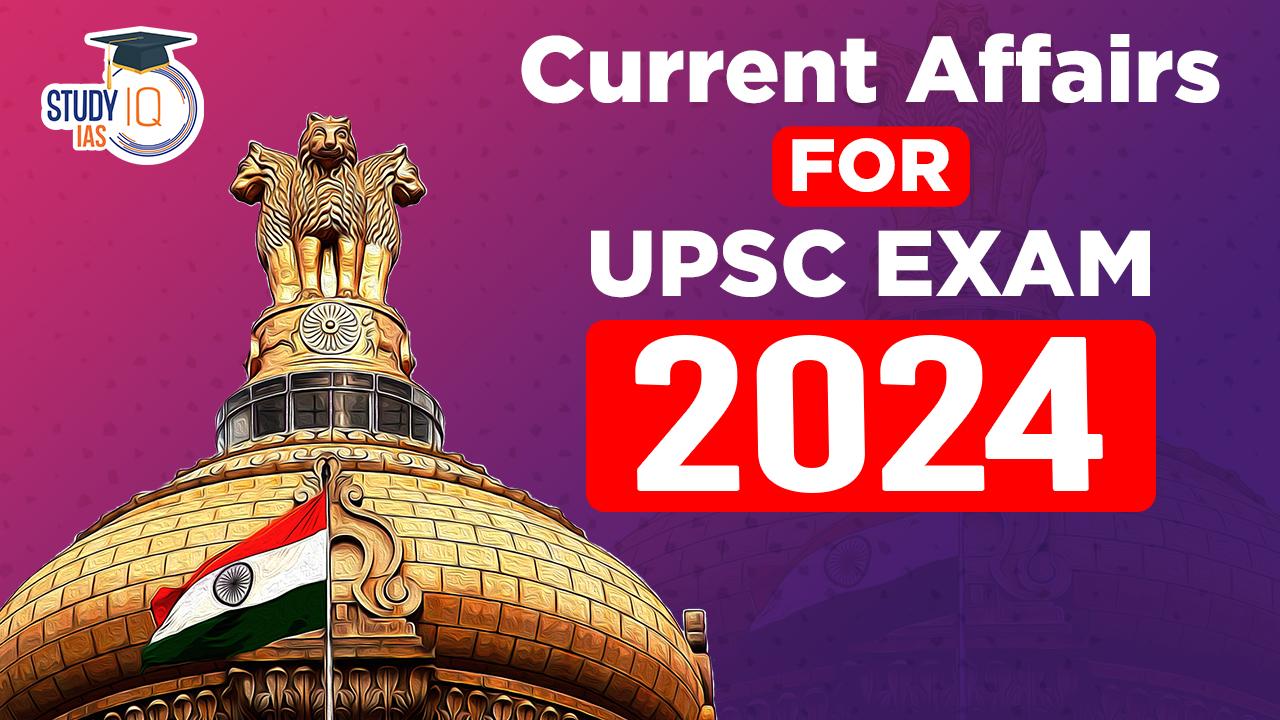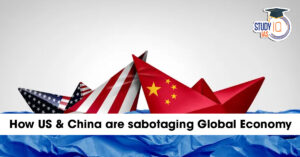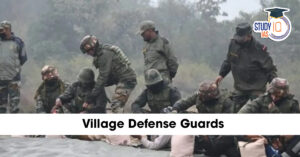Table of Contents
Xi, Putin and the World
Context
- Presidents Vladimir Putin and Xi Jinping met at the Great Hall of the People in China, where a welcome ceremony included a guard of honour by China’s People’s Liberation Army (PLA).
- The leaders attended a concert celebrating 75 years of diplomatic ties.
Purpose of the Visit
- Putin’s visit to China occurs as Russia maintains control over the course of the war in Ukraine.
- Xi recently toured Europe, meeting leaders from France, Hungary, and Serbia, countries with varying degrees of relations with Putin.
Xi’s Assurances and Continued Friendship
- Xi pledged to French and EU leaders that China would not sell arms to Russia and would control dual-use goods flow.
- Despite these assurances, Xi reaffirmed the strong China-Russia relationship during Putin’s visit, marking Putin’s 19th trip to China since 2000.
China, Russia, and the Ukraine War
- China and Russia signed a “no-limits” strategic partnership days before Russia’s invasion of Ukraine in February 2022.
- Russia now controls significant Ukrainian territory, particularly in the northeastern Kharkiv region and the south.
- The West, led by the United States, is concerned about China’s role in the war, particularly its supply of dual-use items to Russia.
U.S. Concerns
- S. officials have highlighted China’s support for Russia, including tech supplies used for military purposes.
- Chinese exports of machine tools, computer chips, and logistics equipment to Russia have increased significantly since the war began.
Western Expectations
- The West expects Xi to leverage his relationship with Putin to end the war in Ukraine.
- Both leaders signed a statement deepening their strategic relationship, agreeing that a political settlement in Ukraine is the “right direction”.
Historical Development of Sino-Russian Relations
- Initially tense, the China-Soviet relationship improved post-Mao’s death in 1976 and the Soviet Union’s collapse in 1991.
- Economic relations in the post-Cold War era have become the “new strategic basis” for Sino-Russian ties.
- The West’s hostile stance post-Crimea annexation in 2014 further strengthened Moscow-Beijing relations.
Implications for India
- The Russia-China defence partnership raises concerns for India, which relies heavily on Russian defence supplies.
- Western analysts caution about Russia potentially becoming a “junior partner” to China.
- India is wary of the impact of western sanctions on the Russian defence industry, especially given ongoing border tensions with China.
- Historical context: The Soviet Union’s stance during the 1962 India-China war was not supportive of India, although it supported India in the 1971 war.
SC Limits ED’s Power
Context
- The Supreme Court (SC) ruled that the Enforcement Directorate (ED) is not allowed to arrest an accused under Section 19 of the Prevention of Money Laundering Act (PMLA) once a special court has taken cognizance of the money laundering complaint.
- The case before the Supreme Court arose from a Punjab and Haryana High Court decision that denied pre-arrest bail to multiple accused in a money laundering case.
Procedure for Seeking Custody
- If the ED wants custody of the accused for further investigation after they appear pursuant to a summons, it must apply to the special court.
- The special court must hear the accused and pass an order with brief reasons for either granting or denying custody. Custodial interrogation may only be permitted if the court is convinced it is necessary, even if the accused was never arrested under Section 19.
Arrest Warrant
- An arrest warrant (under Section 70 of the Code of Criminal Procedure) can only be issued if the accused failed to answer the summons, and, in the first instance, this must be a bailable warrant.
- If the bailable warrant fails to ensure the accused’s presence, a non-bailable arrest warrant can be issued.
| About Enforcement Directorate |
Powers Of ED
|
Examples, Case Studies And Data
- Conservation (GS 3): The World Bank’s “Recipe for a Livable Planet” Report states that annual investments of USD 260 billion are required to halve agri-food emissions by 2030 and achieve net zero by 2050.
- “Recipe for a Livable Planet” is the first comprehensive global roadmap aimed at mitigating the agrifood system’s impact on climate change.
- It outlines how the agriculture system can reduce greenhouse gas emissions while continuing to feed the global population.


 SEBI’s SWAGAT-FI Framework for Low-Ris...
SEBI’s SWAGAT-FI Framework for Low-Ris...
 How the US and China Are Sabotaging the ...
How the US and China Are Sabotaging the ...
 Village Defence Guards (VDGs): Role, Str...
Village Defence Guards (VDGs): Role, Str...

























